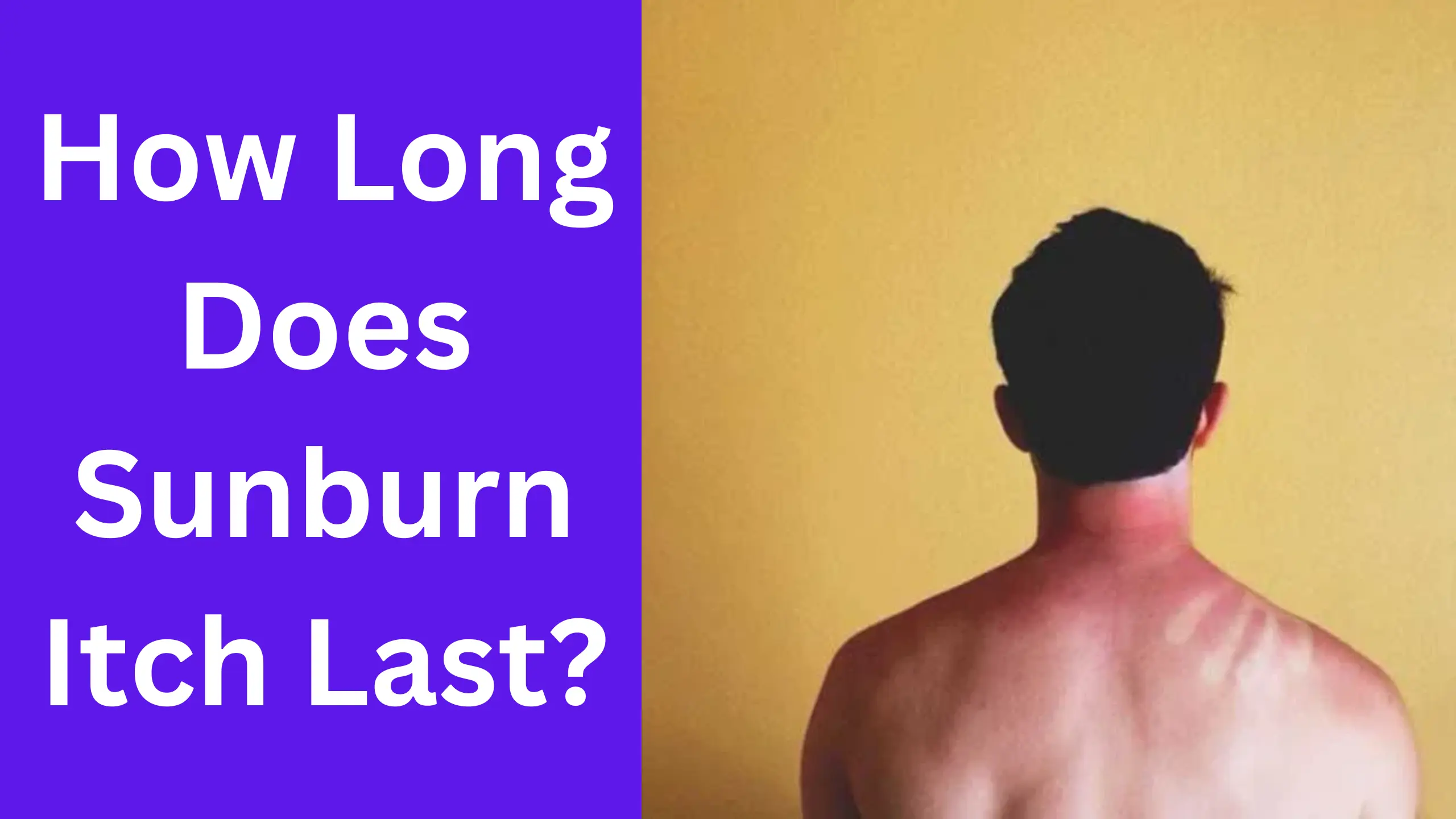Sunburn is a common problem that many people face during the summer months. It can be caused by overexposure to the sun’s UV rays and can result in redness, pain, and itching of the skin. While most sunburns heal within a few days, the itchiness can last much longer. This article will explore how long sunburn itch can last and provide tips for relieving the discomfort.
How long does sunburn itch last?
The duration of sunburn itch can vary depending on several factors. These include the severity of the burn, the individual’s skin type, and the amount of exposure to the sun. In general, mild sunburn itch can last for a few days, while more severe cases can persist for several weeks.
Mild sunburn itch
Mild sunburn itch usually lasts for a few days and can be treated with over-the-counter medications or natural remedies. Applying aloe vera gel or a cool compress can help to soothe the skin and reduce the itching. It is also important to stay hydrated and avoid exposure to the sun while the skin is healing.
Moderate sunburn itch
Moderate sunburn itch can last for up to a week or more and may require stronger medications or treatments. In addition to aloe vera and cool compresses, over-the-counter anti-inflammatory medications such as ibuprofen or aspirin can help to reduce swelling and itching. It is important to avoid scratching or rubbing the affected area, as this can prolong the healing process and increase the risk of infection.
Severe sunburn itch
Severe sunburn itch can last for several weeks and may require medical attention. In addition to the symptoms of mild and moderate sunburn itch, severe cases may include blistering, oozing, and peeling of the skin. In these cases, a doctor may prescribe stronger medications or recommend specialized treatments such as phototherapy or steroid injections.
How to relieve sunburn itch
While sunburn itch can be uncomfortable, there are several ways to alleviate the symptoms and promote healing. These include:
Over-the-counter medications
Over-the-counter anti-inflammatory medications such as ibuprofen or aspirin can help to reduce swelling and relieve itching. Topical creams or ointments containing hydrocortisone can also be effective in reducing inflammation and itching.
Natural remedies
Aloe vera gel, witch hazel, and oatmeal baths can all help to soothe the skin and reduce itching. Drinking plenty of water and applying a cool compress to the affected area can also help to alleviate discomfort.
Moisturizers and lotions
Moisturizing the skin with lotions or creams can help to prevent dryness and peeling, which can exacerbate itching. Calamine lotion or creams containing menthol can also be effective in reducing the discomfort of sunburn itch.
Avoiding scratching
Although it can be tempting to scratch the itchy skin, doing so can prolong the healing process and increase the risk of infection. Instead, try applying a cool compress or taking a cool bath to soothe the skin. Wearing loose, comfortable clothing can also help to prevent irritation and itching.
When to seek medical attention
In most cases, sunburn itch can be treated at home with over-the-counter medications or natural remedies. However, there are some situations where medical attention may be necessary. These include:
Signs of infection
If the sunburned skin becomes red, swollen, or tender to the touch, it may be infected. Other signs of infection include the appearance of pus or drainage from the affected area. If you suspect that your sunburn is infected, seek medical attention right away.
Severe symptoms
If you experience severe symptoms such as fever, chills, or nausea, it may be a sign of a more serious condition such as heatstroke. Seek medical attention immediately if you experience any of these symptoms.
Conclusion
Sunburn itch can be a frustrating and uncomfortable condition, but with the right treatment, it can be alleviated. Mild cases can be treated with natural remedies and over-the-counter medications, while more severe cases may require medical attention. Remember to stay hydrated and avoid exposure to the sun while the skin is healing to prevent further damage.

